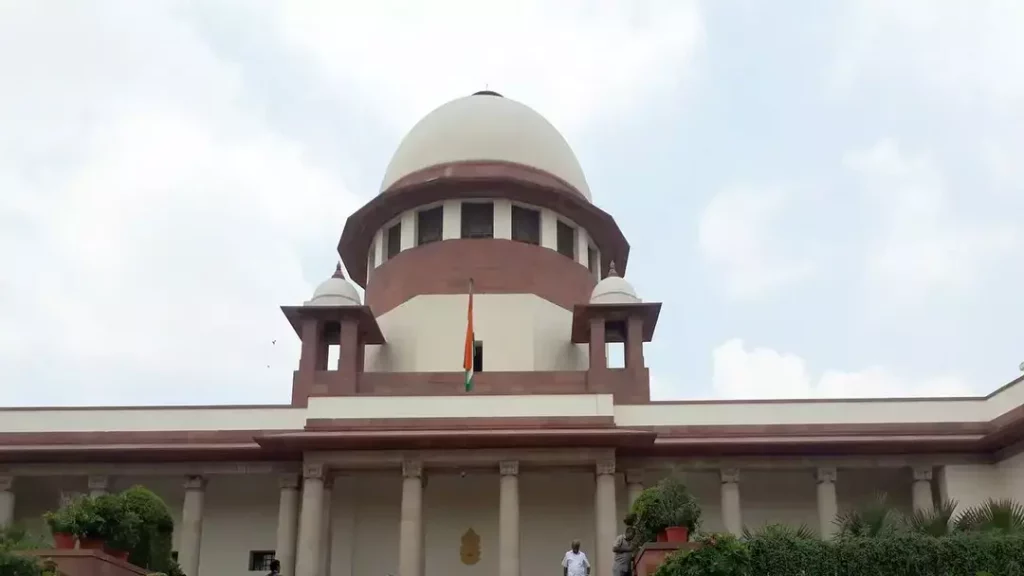
SC Rejects PIL Seeking Mandatory NEP Rollout in Tamil Nadu
The Supreme Court of India has dismissed a Public Interest Litigation (PIL) seeking the mandatory implementation of the National Education Policy (NEP) in Tamil Nadu. The bench, comprising Justices DY Chandrachud and Hemant Gupta, ruled that states cannot be compelled to implement the NEP, and that the petitioner lacked direct standing in the policy decisions of the Tamil Nadu government.
The PIL was filed by Rajinder Singh, a BJP member from Delhi, who claimed that the non-implementation of the NEP in Tamil Nadu was violative of the fundamental rights of students and undermined the country’s education system. Singh argued that the NEP, which was introduced in 2020, aimed to transform India’s education system by focusing on multidisciplinary education, skill development, and promoting academic autonomy. He contended that Tamil Nadu’s failure to adopt the NEP was a violation of the fundamental right to education and the right to equality under Article 14 of the Indian Constitution.
However, the Supreme Court bench rejected the PIL, stating that the petitioner lacked the necessary standing to file the petition. The bench observed that Singh was not a resident of Tamil Nadu and did not have any direct interest in the policy decisions of the state government. The court also noted that the petitioner’s reliance on his status as a BJP member from Delhi was insufficient to establish his locus standi in the matter.
The bench further held that the NEP is a policy document and not a statutory provision that can be enforced through a court order. The court observed that the implementation of the NEP is the responsibility of the state governments, and they have the discretion to adopt or modify the policy as per their needs.
The court also rejected the petitioner’s argument that the non-implementation of the NEP was violative of the fundamental rights of students. The bench observed that the NEP is a policy document and not a law, and therefore, it cannot be enforced through a court order.
The Tamil Nadu government had also filed a counter-affidavit in response to the PIL, stating that the state had implemented several initiatives in line with the NEP, including the introduction of the Tamil Nadu Education Policy, 2020. The state government had also set up a task force to implement the NEP, which was chaired by the Chief Secretary of the state.
The Supreme Court’s decision is likely to have significant implications for the implementation of the NEP across the country. The NEP aims to transform India’s education system by focusing on multidisciplinary education, skill development, and promoting academic autonomy. However, the implementation of the NEP has been slow, with many states yet to adopt the policy.
The Supreme Court’s decision is also significant in the context of the ongoing debate on the role of the state in education. The NEP has been criticized by many for its emphasis on privatization and commercialization of education. The court’s decision has implications for the future of public education in India, and it is likely to have significant consequences for the education sector.
In conclusion, the Supreme Court’s decision to dismiss the PIL seeking mandatory implementation of the NEP in Tamil Nadu is likely to have significant implications for the education sector in India. The court’s decision highlights the importance of states’ autonomy in policy-making and the need for a nuanced approach to the implementation of the NEP. The decision is also significant in the context of the ongoing debate on the role of the state in education, and it is likely to have significant consequences for the future of public education in India.
Source:






